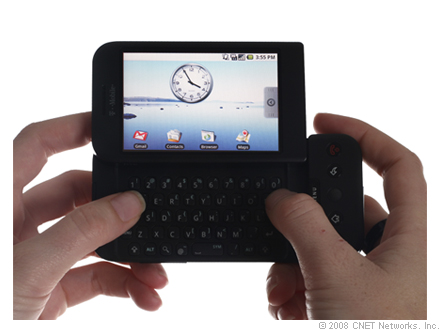The iPad Pro →
The iPad Pro is without question faster than the new one-port MacBook or the latest MacBook Airs. I’ve looked at several of my favorite benchmarks — Geekbench 3, Mozilla’s Kraken, and Google’s Octane 2 — and the iPad Pro is a race car. It’s only a hair slower than my year-old 13-inch MacBook Pro in single-core measurements. Graphics-wise, testing with GFXBench, it blows my MacBook Pro away. A one-year-old maxed-out MacBook Pro, rivaled by an iPad in performance benchmarks. Just think about that. According to Geekbench’s online results, the iPad Pro is faster in single-core testing than Microsoft’s new Surface Pro 4 with a Core-i5 processor. The Core-i7 version of the Surface Pro 4 isn’t shipping until December — that model will almost certainly test faster than the iPad Pro. But that’s a $1599 machine with an Intel x86 CPU. The iPad Pro starts at $799 and runs an ARM CPU — Apple’s A9X. There is no more trade-off. You don’t have to choose between the performance of x86 and the battery life of ARM.
It's getting to the point that Apple is indeed paving the way for a faster and better experience. If they up the game with iOS X (or whatever they are going to call it) and make it a more viable operating system for the notebook replacement, I can see them conquering the $1200 and lower market segment.
The only thing that sets me back on making this a replacement laptop is that sometimes, Mac OS X has more to offer in terms of shortcuts and various other apps that are NOT for mobile. Jon Gruber also points out a few short comings on using a keyboard without a trackpad. Funny though, I see my daughter (3 years old) try and manipulate my laptop and her little fingerprints are all over my screen. After some frustrations has set, she turns to me confused.

